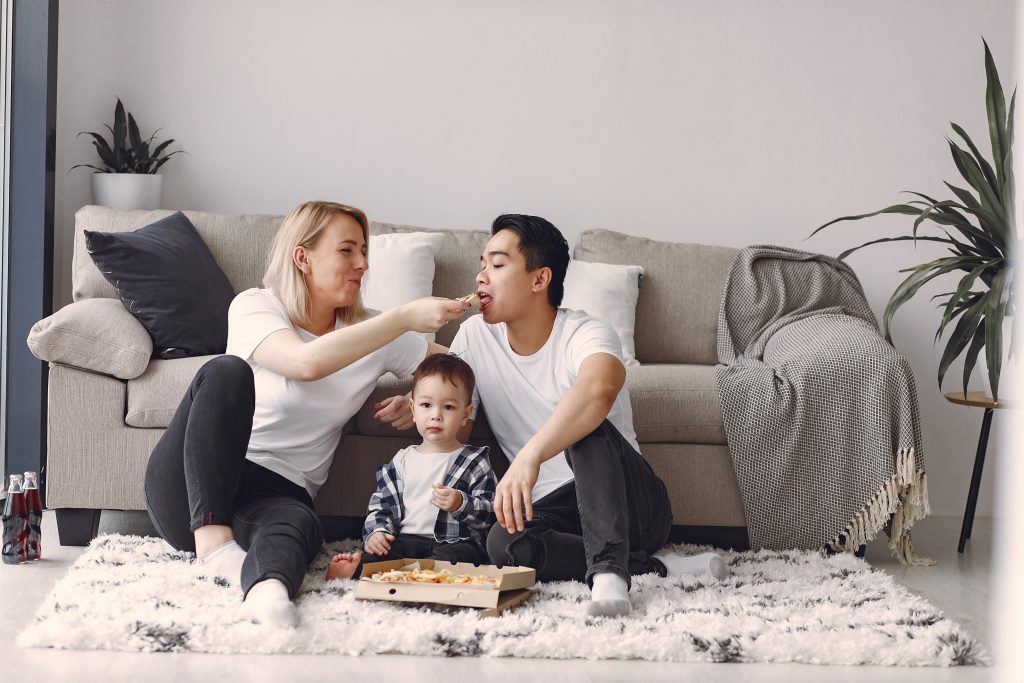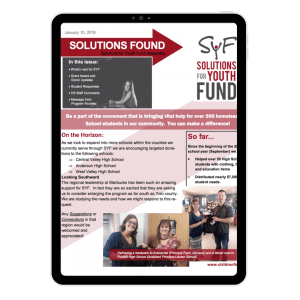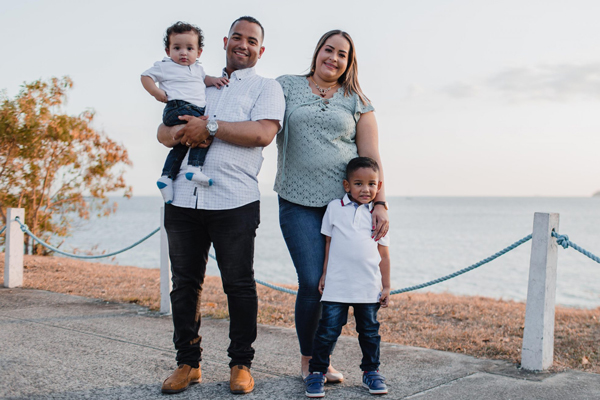The Purpose of Foster Parenting
Many of us have positive childhood memories … of successful days at school, happy times with friends, the predictability and pleasure of family meals, and the loving arms of parents who kept us safe from harm. As a foster parent, you can provide this same kind of care and support to a child in your community who has been removed from an unsafe home environment while their natural parents are receiving the services needed to stabilize the family and home. Being a foster parent brings joy and fulfillment!
At Children First Foster Family Agency, we are deeply committed to both our foster children and our foster families. We are diligent in providing the support necessary to make the fostering experience healthy and healing. Learn more about becoming a foster parent, and other ways you can help the children.
In choosing the vital role of foster parent, you help to mold a child’s world in a positive way, allowing them to reach a fuller potential and develop into a responsible future citizen in their community. For foster parents who have biological children at home, this experience teaches your own children the value of empathy and giving back to those who are in need. In many instances, lifelong connections between foster children and their foster families develop, bringing much joy to all through this extended family relationship. Are you interested in creating an opportunity for children to learn and grow? Do you have a desire to strengthen your community and preserve families who are experiencing a time of need?
“Resource Family” Terminology
You may have noticed that we are using the term Resource Family interchangeably with Foster Parent. The primary reason for this is the government’s decision to morph language to better fit the needs of children and the aspirations of the child welfare system. Here’s how they define it:
“A Resource Family is any individual, couple, or family who wants to provide care to a related or unrelated child (or children) who is under the jurisdiction of the juvenile court, or otherwise in the care of a county child welfare agency or probation department.”


Approval Process
Along with the name change, the child welfare system has also increased the depth of the approval process. Their objective is to create a Resource Family Approval Program that is streamlined, family-friendly and a child-centered process. The good news about this approval process is that once approved, Resource Families may be considered for foster care, guardianship and adoption placements, depending on the Resource Family’s goals
Foster Care FAQs
Foster care is a temporary placement of children and youth with families outside of their own home due to child abuse or neglect. The goal is to provide a safe, stable, and nurturing environment for the child until such time as they can safely return to their home.
There are just a few universal requirements to become a resource parent:
- Age 18 or older
- Criminal background check
- Family stability
- Character references
- Regular source of income
- Home safety inspection
- Family evaluation
Depending on the circumstances, a child may be placed in a resource home for one day or for several months to several years. Placement is for as long as it takes to achieve a permanent placement for the child, whether the plan is for reunification with the child’s family, placement with relatives, or adoption.
Each family or child is assigned a case manager who is responsible for providing support to the resource family. Supportive services (respite care, training, crisis lines, counseling, etc.) are provided by the agency.
Resource parents receive a monthly reimbursement that helps cover the cost of food, clothing, and other basic needs of children and youth in care. MediCal covers the cost of medical, dental, and counseling services for children and youth in care.
Yes. Families are needed for children and youth from newborn to 18. You can specify the age and gender of the child in your care as is appropriate for your family, and you always reserve the right to decline the placement of a child in your home.
Related Posts
AB 12 Foster Care | What Happens When AB12 Ends? Planning Your Next Steps After Transitional Housing
Getting help from transitional housing after foster care has ended is a huge relief. Staring at an uncertain future, this kind of assistance can go a long way toward providing firm footing moving forward. Of [...]
Independent Living Program in Redding CA | Top Resources for Foster Youth Transitioning to Independent Living in California
Foster care is a critical service provided to some of the most vulnerable people in the state of California. Unfortunately, foster care typically ends at 18, and where most young people are still getting help [...]
Foster Parenting in Red Bluff | Accessing Information: Foster Parents’ Role in the Medical and Educational Well-being of Children in California
Foster parenting in Red Bluff is a role that comes with many responsibilities. Specifically, foster parents may need to attend to various medical and educational matters to help the child in their care hit certain [...]
Newsletter Sign Up
Sign up to receive regular updates about Children First FFA and Solutions For Youth.




